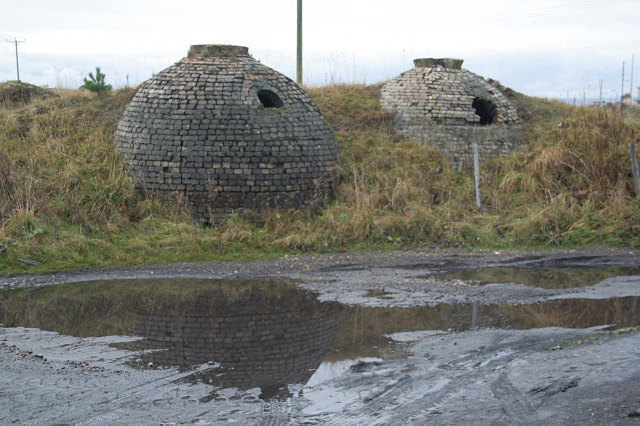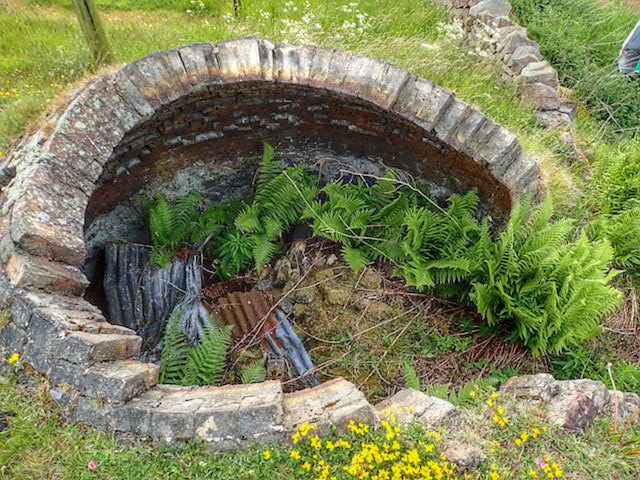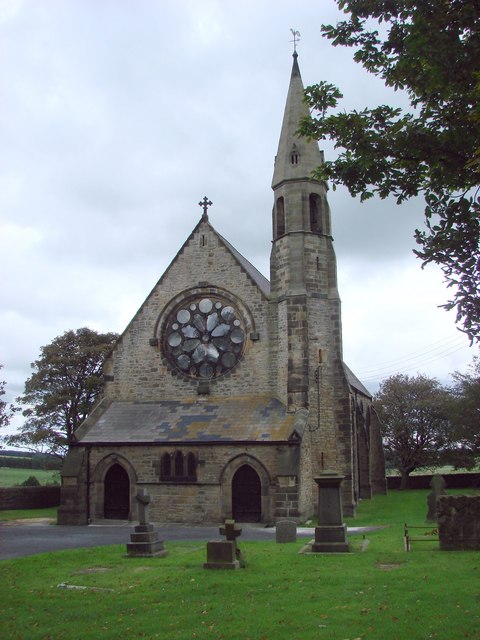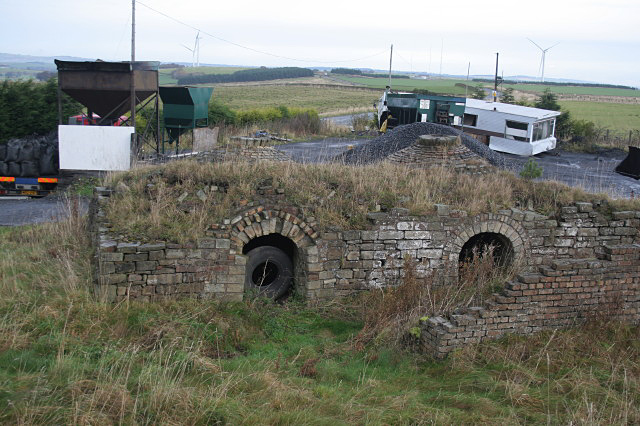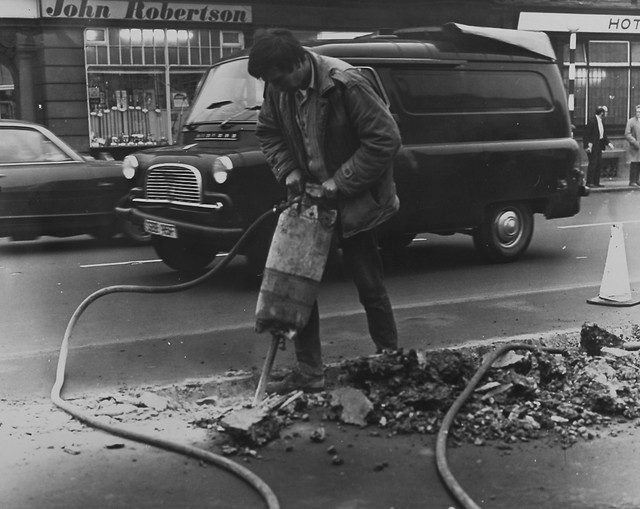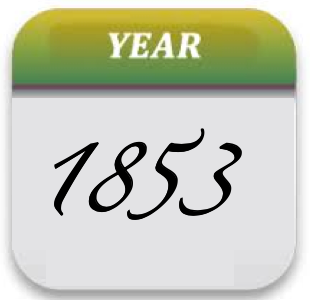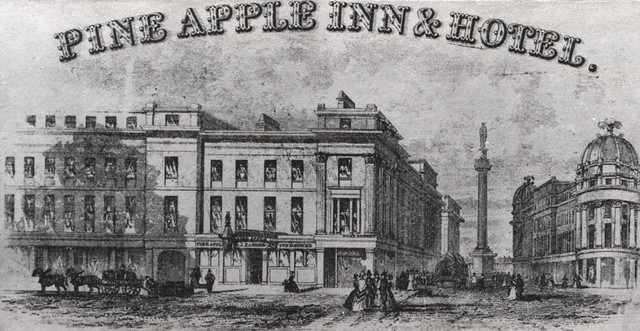Beehive coking ovens

-
Description
"The two best preserved of the ovens lie within the premises of a local coal merchant; permission to enter for photography was freely granted. Clearly visible here are the holes by which the gases would be taken off and the top charging hole. Inkerman coking ovens These ovens are significant for two main reasons. Firstly, they are one of the few remaining relics of the main period of industrialisation in the area. Secondly there are relatively few surviving examples of beehive coke ovens in the UK, as in most cases they would have been replaced or destroyed as industry modernised. The site is significant for the number of ovens - over 20 exist in various states of repair - and the survival of two in almost complete condition. The English Heritage Scheduling Record includes the following information: "The Weardale Iron and Coal Company opened the Inkerman colliery in 1853 and immediately began coke production from 20 ovens built at that time. In 1875 the number was increased to 50 ovens built in two rows. After 1880 the site was operated by a succession of companies. The coke ovens were used for brick production in their later years, but had become disused before World War I." Beehive coking ovens - general Beehive ovens are built on a circular plan with a domed roof. They would be charged through the top hole or the main front opening, and then sealed, except for some small airholes. The coal would then be lit and once burning well the airholes too would be sealed. The gases given off would be collected through the small openings high on the back of the oven, and simply burned off. After 3 or 4 days, the oven would be opened and the coke would be quenched, either inside the oven or on an apron in front." Photo and description by Alan Murray-Rust, 2009, and licensed for reuse under a Creative Commons Licence. -
Owner
Geograph.org.uk -
Source
Geograph (Geograph) -
License
What does this mean? Attribution-ShareAlike 2.0 Generic (CC BY-SA 2.0)
-
Further information
Link: http://www.geograph.org.uk/photo/1586155
Resource type: Text/Website
Added by: Simon Cotterill
Last modified: 10 years, 5 months ago
Viewed: 1659 times
Picture Taken: Unknown -
Co-Curate tags
